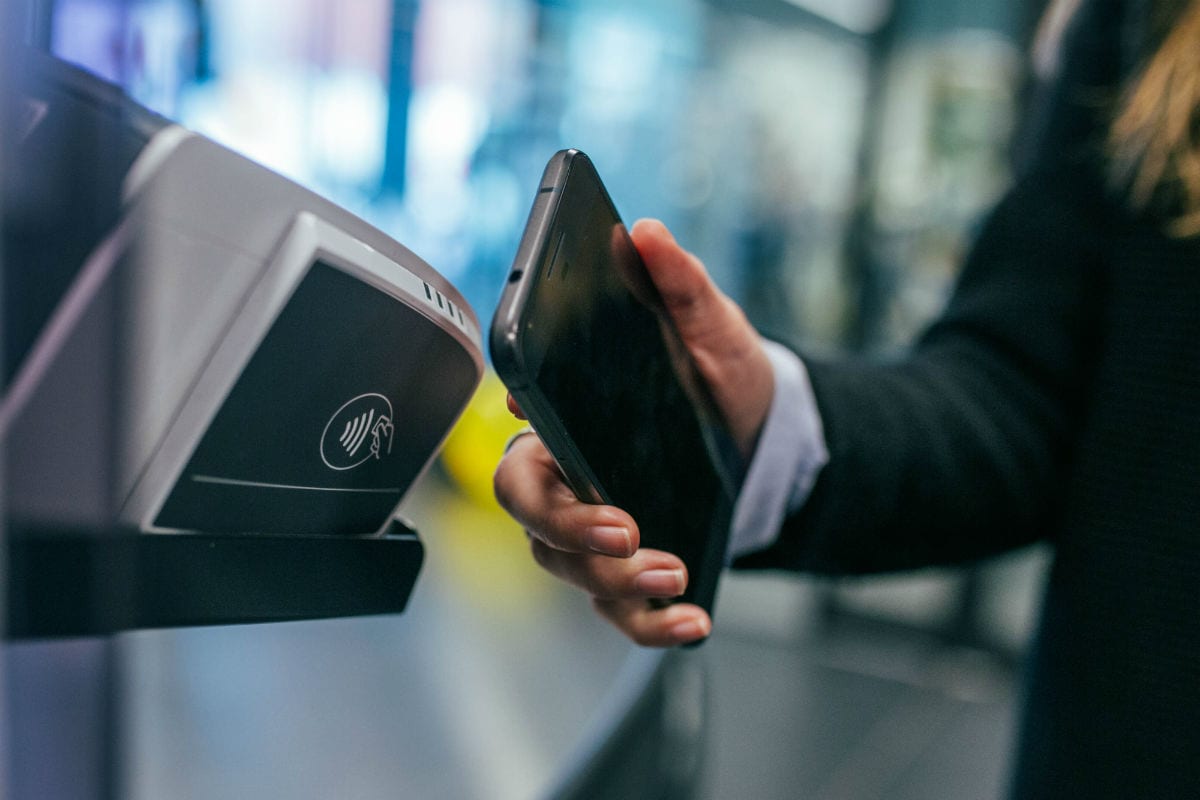How Has Ai Revolutionised Our Daily Lives For The Better?

The Rise In Digital Assistances
One of the biggest ways that Artificial Intelligence has affect our daily routine is through the use of Assistances. Whether this is Amazons Alexa, Google or Siri, each of these use an Ai software to revolutionise our daily lives and make jobs easier to complete. Whether this is searching on the internet, placing directions in maps or looking for videos on Google, this ai algorithm helps to streamline the daily process and learn your daily preferences for a fully personalised experience.
Product Recommendations
Another way that Ai has helped to better people’s lives is through the use of product recommendations. Whether this is shopping on Amazon or even taking advantage of Google shopping capabilities, Ai will recommend products to you based off of your search history as well as other items that you have been looking at. This is the same with Google ads as it implements cookies that track your spending and search behaviour. This not only makes repurchasing items much easier for those of us that regularly shop online, but it also helps businesses to see more of a return of investment from their remarketing campaigns.
Tv And Music Recommendations
In addition to product recommendations, Ai is also used on some of our favourite platforms such as Netflix, Amazon Prime and Youtube streaming services. Ai is used to not only recommend programs or channels for you to watch, but they also send you notifications for up to date content that may interest you. This has revolutionised our daily lives as many of us now opt for media of this form rather than watching traditional television as there is much more variety for anyone looking to watch new content from some of their favourite actors.
Googles Algorithm
The final way that Ai has revolutionised our daily routine is through the websites that we choose. Not only does Google’s algorithm provide us with reliable information quickly, but it also encourages us to find reliable sources with new and refreshed content every day. Whether it is a website search for a specific key term or a recommended video on YouTube, this all makes our lives much easier when using the digital space. Though it does take time for the Google algorithm to get it right, this will help you to organise your life as well as enjoy media in a brand-new way.
Though this is still in the early stages, the implementation of Ai in our everyday lives is only set to make our lives easier than ever before whether this is online or in the home. Only time will tell where this will go.



 Many things have changed in the world of business over the past 25 years; in fact, some would say that almost everything to do with business and the associated transactions has changed or been altered in a significant way with the advent of the internet, online purchasing, smartphones, and Wi-Fi. While it may be true that how business is conducted has been altered significantly, it is also true that who consumers are doing business with is sometimes a complete mystery, even to the consumer. Yes, the world of business has changed a great deal in the past 25 years and here are just some of the many ways you may have noticed it altering the way you do business.
Many things have changed in the world of business over the past 25 years; in fact, some would say that almost everything to do with business and the associated transactions has changed or been altered in a significant way with the advent of the internet, online purchasing, smartphones, and Wi-Fi. While it may be true that how business is conducted has been altered significantly, it is also true that who consumers are doing business with is sometimes a complete mystery, even to the consumer. Yes, the world of business has changed a great deal in the past 25 years and here are just some of the many ways you may have noticed it altering the way you do business.